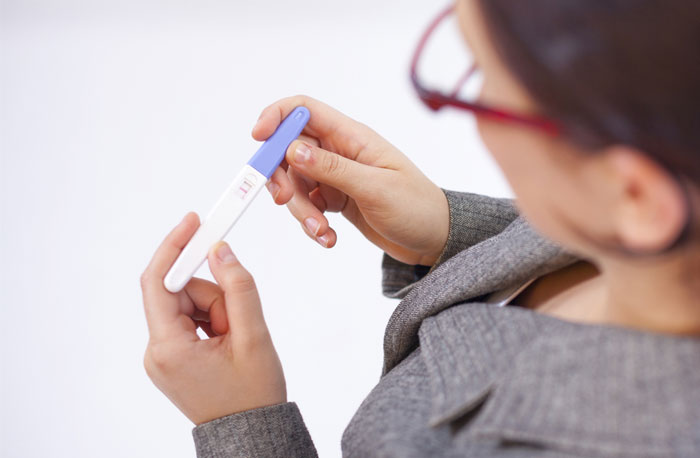Ready For Multiples? Consider the Risks

Answer a few questions and we'll provide you with a list of primary care providers that best fit your needs.
Twins, triplets or more — who isn’t drawn to these multiple bundles of cuteness?
Such pregnancies are called multiple gestation. Along with the cuteness comes risk.
Maternal and fetal medicine specialist David McKenna, MD, explains what factors contribute to multiples, and who is most likely to become pregnant with them:
Multiples are considered high-risk pregnancies. They come with the chance for complications to both mom and babies.
Risks To Babies
Multiple gestations have at least twice as many birth defects as singleton gestations, says Dr. McKenna. This is due to:
- Premature birth. Half of all twins and 90 percent of all triplets are born prematurely. Tiny preemies can face health problems, such as trouble breathing due to undeveloped lungs, or bleeding of blood vessels in the brain.
- Insufficient nutrition. Babies who share a placenta might not receive all they need in the way of nutrition carried by the blood of their mother. They also may not grow as fast as they should.
- Brain development and nerve problems. If they arrive early, multiples are more likely to have issues with their brain development and nerves. One common problem is cerebral palsy. Other problems may not surface until many years later.
Risks To Mothers
- During pregnancy. Moms carrying multiples can encounter severe nausea, high blood pressure, diabetes, or anemia. They may also produce too much or too little of the amniotic fluid that surrounds the babies during pregnancy. Too much can trigger premature labor; too little can affect the babies’ development.
- During delivery. You’re more likely to undergo a Cesarean section (C-section) and have your babies delivered surgically through an incision in your abdomen.
In general, the more babies in a multiple gestation, the earlier the delivery is going to be. Dr. David McKenna explains.
Click play to watch the video or read video transcript.
The more you know, the better equipped you’ll be to make wise decisions. Start by talking with your doctor. “Infertility and multiple gestation births are not always something women can control, but there are steps a woman can take to minimize complications,” says Dr. McKenna. "Specialty multiple gestation clinics are one intervention that has been successful in improving outcomes.”
The more you know, the better equipped you’ll be to make wise decisions about possible treatments and pregnancy care.
Answer a few questions and we'll provide you with a list of primary care providers that best fit your needs.
Source: American Society for Reproductive Medicine; David McKenna, MD, Perinatal Partners






